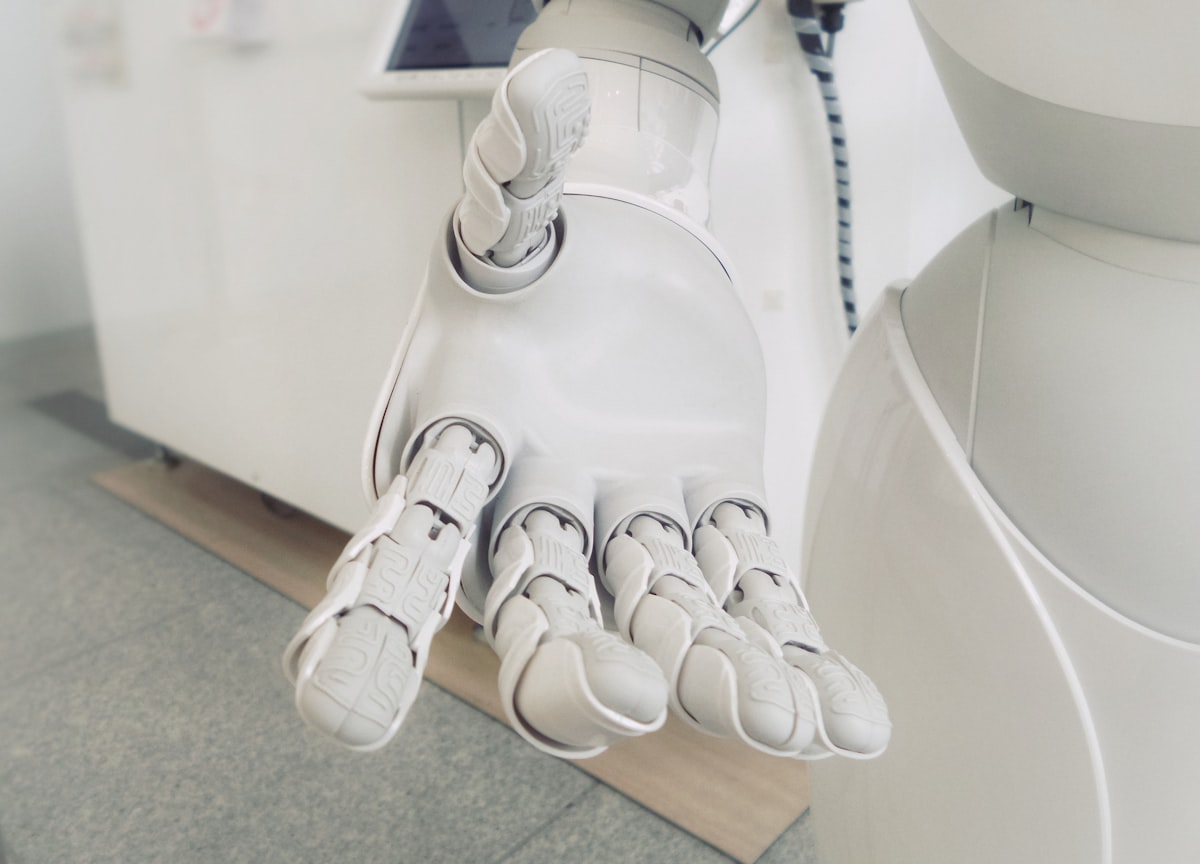AI new normal in healthcare

The signals of AI starting to appear in our normal day-to-day lives are now popping right and left. It's still early, but the march forward has very obviously started.
The University Medical Center Groningen (UMCG) has started using AI with the EPIC Dutch Association to streamline patient communication. UMCG seems to be the first European hospital to deploy a next-gen chatbot within its electronic patient record (EPD) system. In a successful trial with the ETZ in Tilburg, the AI application reads patients' written questions, proposes answers, and –critically in the current European legal framework– healthcare providers review and modify responses.

The original article from UMCG in Dutch.
The core idea is to alleviate administrative burdens on doctors and nursing specialists, addressing the increasing demand for written communication. Experiences from American hospitals using similar systems have been positive, enhancing patient engagement.
Broader applications for AI in healthcare, anticipating efficiency gains in tasks such as summarizing patient information and generating reports, are already in the toolbench. We're not letting AI analyze X-rays or blood tests yet. Still, given the pace of current social adoption, I wouldn't be surprised if we'd get there within 2025, especially in Northern countries in dire need of healthcare professionals.
Food for thoughts on how these applications feel natural and even sometimes quite engaging, whereas self-driving cars (demonstrably safer on the road than 98% of human drivers) are still in the uncanny valley of what we deem 'safe.'

If I were running any corporate incubation program, I would certainly aim 80% at pure AI exploration. Fast.





